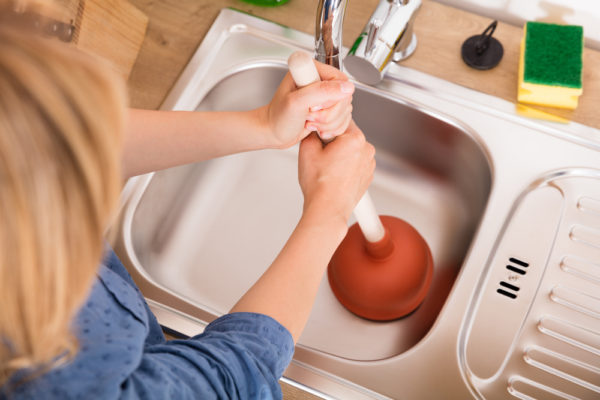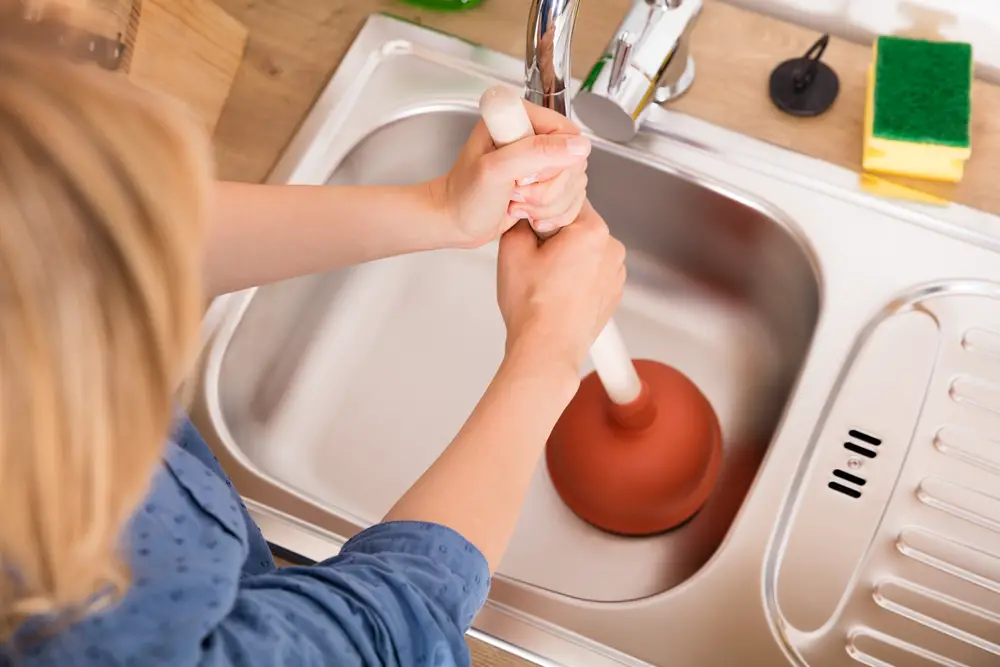Let’s be honest — clogged pipes and blocked drains are the bane of anyone’s existence. No one likes encountering one, and more than that, a minor issue can soon escalate into a major problem if not attended to in time. In order to prevent a blocked drain, it is important to be aware of the various situations or factors that contribute to a nasty build-up in your pipes. Today, we have a look at some of the most common causes of blocked drains and how you can rectify them, so read on to find out more!

1. Oils and Fats
Are you frequently pouring cooking oil or other types of fat down your sink? Fat in its liquid form can easily slide down your drain, but the real problem happens when they start to cool down and coagulate inside the surface of your pipes. According to blocked drain experts in Sunshine Coast, as more and more fat starts to solidify over time, you are almost certain to encounter an annoying blockage that will stop water from flowing through, thus causing overflows.
Solution
The best way to avoid this as you probably imagine is to be wary of what you are pouring down your sink. When washing dishes or cooking, be sure to avoid flushing fatty foods such as oils, butter and egg shells down the sink. If you are currently experiencing a sink blockage, we recommend pouring boiling water down your sink or purchasing some drain cleaner if the problem persists.
2. Hair
Even if your hair is short, it can cause a blockage to build up over time. Of course, this more commonly affects those with longer hair, but either way it is important that you ensure that you aren’t pushing hair down the drain in the bathtub or shower. Having a grate or guard over your drainage hole is often the best way to catch hair before it can enter your pipes.
Solution
If you suspect that hair is your culprit, commercial drain cleaner should be enough to clear out your blockage.
3. Food Waste
Are you guilty of pushing food remnants down the sink? If so, it’s definitely time to stop! Food particles should never be pushed down your drainage holes as they can quickly accumulate and form a disastrous blockage that may require the expertise of a plumber to solve. Instead, we recommend investing in a compost bin to get rid of excess food waste.
Solution
Invest in a compost bin or simply be sure to clear out any food waste that has accumulated in your kitchen sink grate.
4. Toiletries
Toiletries such as soap, shampoo, conditioner and toothpaste are some of the biggest culprits when it comes to clogged pipes and blocked drains. Most traditional soap bars are made of oils or fats, and when these fats come into contact with minerals in water, they end up leaving a hard residue (aka that dreaded soap scum) that can not just clog pipes but also stain bath fittings and shower doors.
Solution
Switch to soap-free shower gels and consider having your pipes pressure cleaned to remove traces of soap buildup.
5. Mineral Build Up
The minerals that are dissolved in hard water can often build up and create obstructions in pipes. Although this is something that is incredibly hard, if not impossible to avoid, you can minimise its impact by installing a water softener for your home. If you are unable to do so, the next best thing will be to regularly descale to remove sediment and build up in your pipes. It is also important to note that mineral buildup can be hard to remove once established, so enlisting the help of a professional plumber is always recommended if your drains and pipes no longer seem to be flowing.
Solution
Install a water softener system and regularly descale/remove sediment and build up in pipes.
6. Flushing Wet Wipes and Sanitary Products
Wet wipes (even the so called “flushable” ones) and sanitary products such as pads are things that should never ever be flushed down the toilet. This is mainly because they are unable to break down the way toilet paper does, and may result in severe blockages and smelly overflows. Sewes systems are designed to handle two things and two things only — toilet paper and human waste. Everything else belongs in the bin, and being mindful of what you flush down the toilet is the best thing you can do for your home drainage system.
Solution
Throw sanitary napkins, baby wipes and wet wipes in the bin instead of flushing them down the toilet.
7. Tree Roots
Unfortunately, even the smallest leaks or cracks in your pipes can attract tree root growth. This is a common occurrence on ground level properties with gardens and once roots start to make themselves comfortable in your pipes, they can be extremely difficult to get rid of. In fact, clearing tree roots from pipes can require pressure jet cleaning, rooter service or even excavation in more serious cases.
Solution
Closely monitor and review the root structure of your plants and trees. It is also important to take note of the conditions of your drains to prevent an extensive and costly repair.
As they say, prevention is always better than cure, and knowing the accurate steps to take to prevent blocked drains is the best thing you can do for your home. We hope this article has shone some light on some of the factors that contribute to blockages and how you can take active measures to prevent clogs from happening in the first place!


